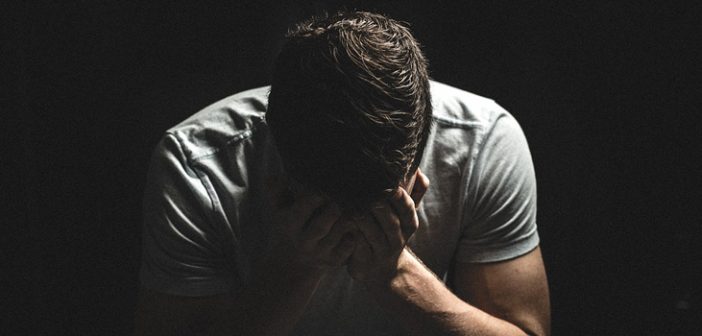When a loved one passes away, it can feel like the world has been turned upside down. For them, their journey is over, and they’ve moved on somewhere beautiful and new. You, too, are on a journey, and it will be an uphill battle for some time. The grieving process, however, won’t color your life forever. When a loved one passes, oak meadow cremation can guide you through some steps you can take for your journey forward.
Immediate Steps
In the first few hours following your loved one’s death, you should contact the immediate family. While friends and distant relatives won’t need to be contacted until the following day, you should let immediate family know as soon as possible. You should also make funeral arrangements. If your loved one was an organ donor, or if they wanted their body donated to science, you’ll want to make arrangements with the hospital right away. Otherwise, you’ll want to decide between embalming and cremation services in New York to Washington. You can find a funeral service to help you with this next step, and it’s always a good idea to ask family and friends for funeral provider suggestions.
Seeking Community
When a loved one dies, it’s challenging to go back to “normal.” While in reality, things will not be normal for quite some time, you nevertheless have to go back to work and everyday tasks. You can feel an unspoken pressure to act as though everything is fine, and you will even feel a need to convince yourself that you’re doing okay. While it is possible to keep work and grief separate in the months following your loved one’s passing, you should also remember to have spaces where you can process and be open about your grief. Don’t retire into yourself, and don’t try to grieve on the side. Seek a community as you process through this time. Rely on friends more than ever, and have regular conversations with those who are also grieving. It will help to converse with people who mutually understand–people who don’t want to tell you that, “it will get better,” but only want to listen and commiserate with you.
Seeing a Grieving Counselor
If your departed loved one was someone very close to you, and especially if their death was traumatic, you should seriously consider seeing a grieving counselor. You wouldn’t go through life with a broken arm, refusing to see a doctor, and in the same way, you should take your grief to someone who’s trained to help you heal. A grieving counselor can help you process all of your complicated emotions, and they’ll help you grieve most effectively and stay in the healthiest place possible.
Grief is a challenge, and it’s one that most of us will face in our lifetime. While not every death produces the same extremity of grief, we will all go through seasons where we have to process the death of a loved one. As you go forward into an altered life, remember to rely on others as you move towards healing.





Great! Thanks for sharing the information. That is very helpful for increasing my knowledge in this field
Bluetooth or wireless device is not a big issue, I tell you how to fix the connection of audio devices. There are some basic steps for this process, first you have to take the settings of the audio device and then connect to the Bluetooth device. Fix the connection of Bluetooth audio device and wireless display in Windows 10, if you follow these s